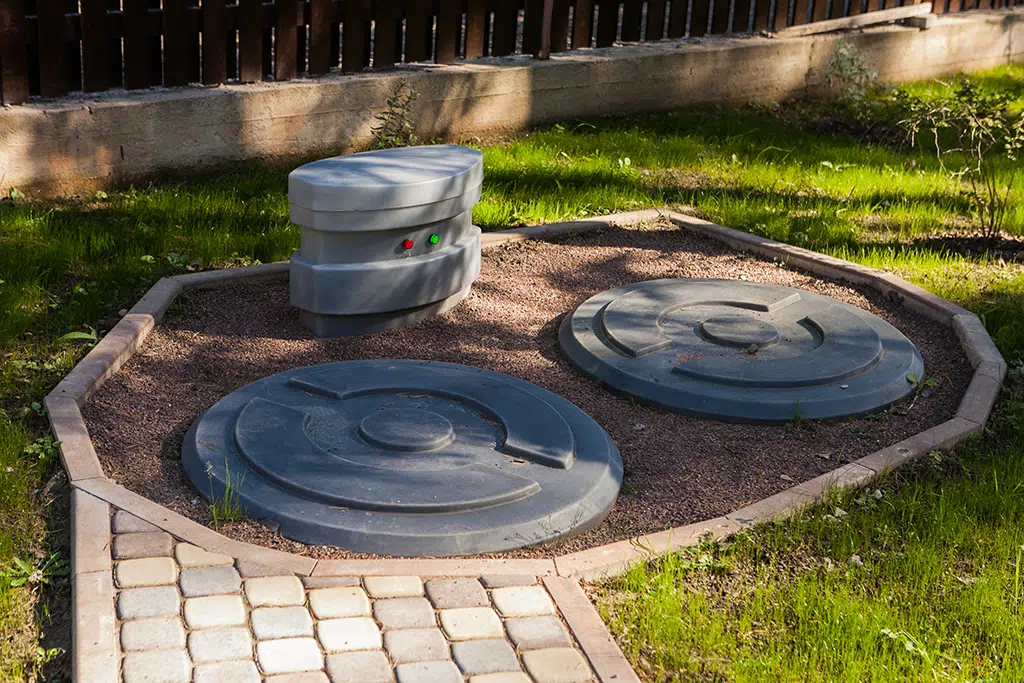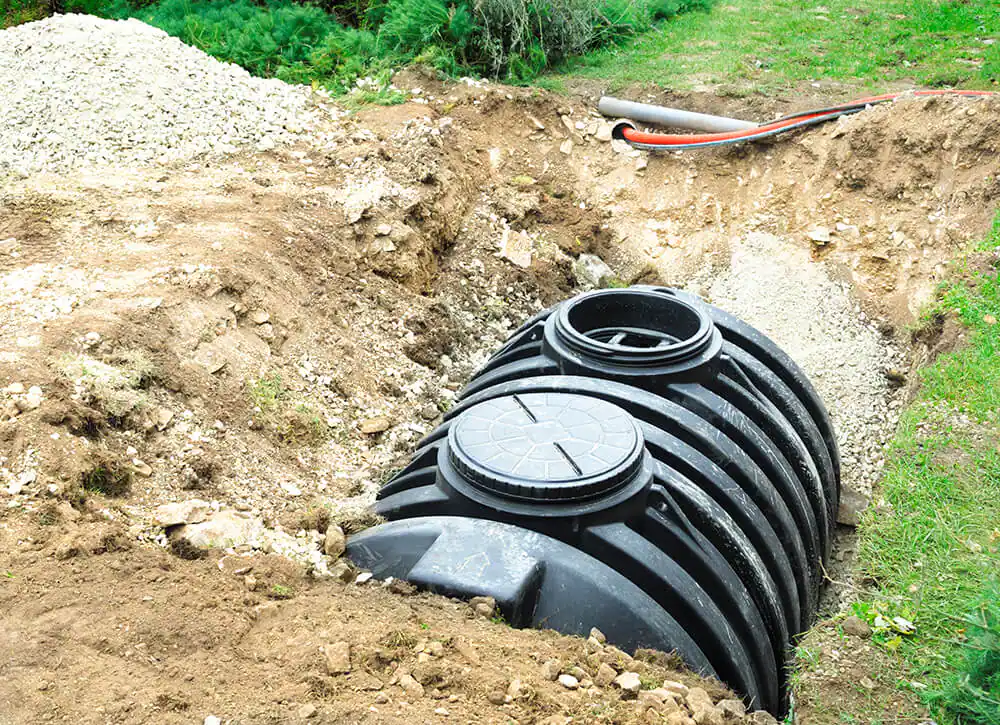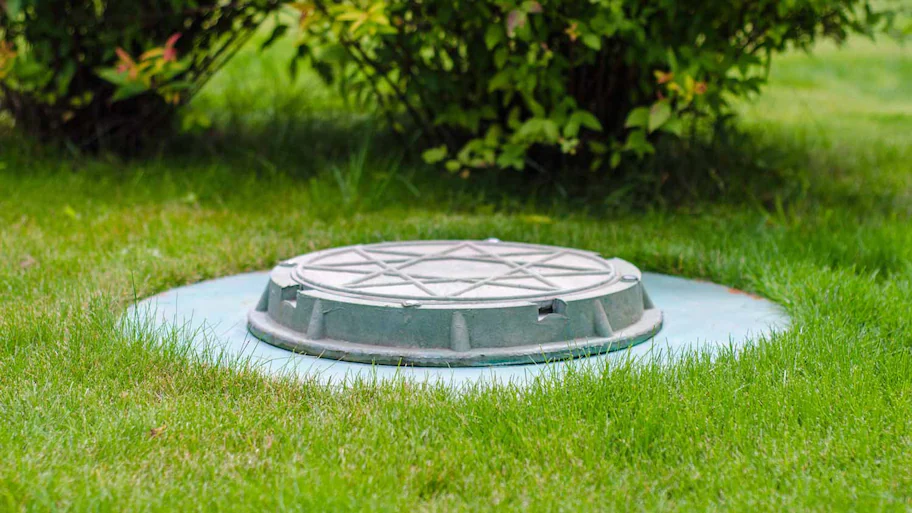When it comes to wastewater, septic tanks are one of the most important components of any home. They allow us to dispose of our household waste without having to deal with harmful chemicals or sewage spills. But like anything else in life, they have their own set of risks. In this blog post, we’ll discuss some of the most important things you need to know before deciding whether or not to repair or replace your septic tank. From safety concerns to environmental impacts, read on to learn everything you need to make an informed decision.
What is a Septic Tank?

A septic tank is a long, narrow pipe that sits on the ground beneath your home. It collects wastewater from toilets and sinks, and when it’s full, it sends the wastewater down into the soil to be processed.
They can last for 50 to 100 years without needing repairs, but they do need inspections periodically. If your septic tank is leaching wastewater or has cracks in its system, you should have it repaired or replaced. You can always use septic tank repairs near me services to help keep your tank in good condition.
How Does a Septic Tank Work?
A septic tank is a large, concrete-lined reservoir designed to break down and absorb human waste. It’s usually buried underground, but can also be found in some homes on the roof. When someone uses the toilet, their waste goes into the tank, where it works its way through a series of filters and tanks until it arrives at the septic system.
Septic systems are a vital part of modern life, and they play an important role in protecting our environment. But like any other machine, they can wear out over time. If you notice that your septic tank is getting full more often than usual or if it’s leaking sewage into your soil, it might be time to have it repaired or replaced.
How do I determine if my septic tank needs repair or replacement?

There’s no single answer to this question since each tank is different and will require specific care and attention. However, there are several signs that might suggest that your tank needs attention:
– Full or overflowing sewage tanks.
– Leaking sewage onto the ground or lawn.
– Sewage backing up into homes or basements.
– Watermarks on walls or ceilings from trapped water.
In most cases, you’ll need to hire a professional to make an accurate diagnosis of your particular situation. But if you’re concerned about your safety or the safety of your family, it’s best to get the problem fixed as soon as possible.
What are the Risks of Having a Septic Tank?
Septic tanks can be a major expense for homeowners. The average cost to repair or replace a septic tank is $6,000. Here are four things to know about the risks of having it:
- They can fail and cause flooding.
- A septic system can also release harmful bacteria that can make you sick.
- Over time, a septic system can lose its ability to function and could eventually require replacement.
- If your septic tank fails, it could release harmful toxins into your home, which could lead to serious health problems.
How to Repair or Replace a Septic Tank?

There are pros and cons to repairing or replacing a septic tank, so it’s important to weigh the options before making a decision. Here are some things to consider:
- Age and condition of the tank: An older septic tank may not be able to handle large amounts of wastewater, which could lead to serious problems. If your tank is more than 10 years old, you may want to consider replacing it.
- Construction type: They can be built in various ways, so they may require different types of repairs or replacements. For example, an underground septic system may need a completely new septic tank while an aboveground system may only need a seal replaced.
- Wastewater capacity: The bigger the wastewater capacity of the tank, the less frequent repairs or replacements will be necessary. A 100-gallon septic tank can typically hold around 60 gallons of wastewater, so a smaller tank would need more repairs or replacements over time.
- Cost: Repairs and replacements can cost money, depending on the nature of the problem and whether a new tank is needed.
They can be repaired or replaced. The most common repair is the installation of a new septic tank. There are a variety of replacement options available, depending on the type of septic system and the age of the tank. If the septic tank is damaged, it may need to be replaced.
Costs and Time Required to Repair or Replace a Septic Tank
There are a few things you need to know before deciding whether or not it’s worth repairing or replacing your septic tank. The cost of either repair is typically around $5,000-$6,000, but depending on the severity of the issue and the size of the tank, this can go up significantly. Depending on the location of your septic system, it could take anywhere from a few hours to several weeks to complete the repair. Finally, keep in mind that if you do decide to repair your septic tank, there is a good chance that you’ll also need to replace parts of the system such as filters and leach lines.
Conclusion
If you own a home or business with a septic tank, it’s important to know the pros and cons of repairing vs. replacing your tank. Ultimately, it comes down to cost and risk – do you believe that repairing your septic system is worth the potential expense? Or are you more worried about the potential dangers involved in replacing your tank? Once you’ve weighed all of the options, give our tips on how to decide if repair vs replacement is right for you a read.



